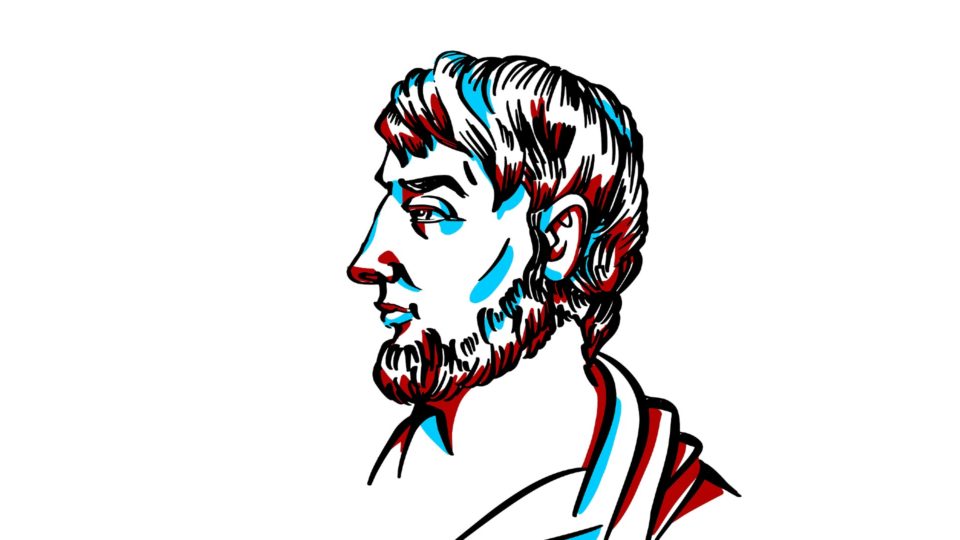
Although the extension of the subject is not a reason for estrangement and despair, if not effort and persistence. As Plato says: “Beautiful things are difficult.” And for beautiful knowledge the popular saying is encouraging: “The master appears when the disciple is ready.” So everyone who has come this far – at this point in the text and in the other articles in this series – should find it at Gazeta do Povo an open path for newcomers who need help. Here we have already taught the ideas of the first philosophers, Thales and Anaximander, now it is time for Anaximenes of Miletus (660 BC – BC), his disciple and successor.
Like both masters, the pupil seeks the arché2021, the Greek word for “beginning” or “origin of all things”. But while Tales finds her in the water and Anaximander in the Infinite, Anaximenes calls it air. We have already spoken of the error in Thales’ answer: how could the origin of all things give rise to water, which is the union between coldness and humidity, if these qualities cannot coexist with those of fire, namely, heat and dryness ? However, when we think of the denial of Anaximander’s principle, there seems to be a certain return. After all, wouldn’t the infinite be closer to metaphysical ideas? It might even be true. But what good is a metaphysical concept without a referent in the world? How to actually identify something that is absolutely infinite?
We could even think of the God, as Christians preach. Immediately, I recall the words of a cardinal of the 15th century Roman Catholic Church, Nicholas of Cusa: “God is one in such a way that he is actually all that is possible. That is why such a unit is not susceptible to more or less, nor is it multipliable. Divinity is thus an infinite unity. Therefore, the one who said ‘listen, Israel, your God is one’ and ‘one is the teacher’ and is ‘your father in heaven’ (Dt 6, 4; Mt 12, 8-9) could not have said anything truer. (…) Just as number, which is an entity of reason forged by our faculty of distinguishing through comparisons, necessarily presupposes unity as its principle, in such a way that without it it would be impossible to have a number, so also the plurality of things that derives of this infinite unity is for her so that without her it cannot exist. Indeed, how would they be without it?” But he adds: “The absolute unity is an entity”, that’s why there is reference, Pessoa. The gods spoken of by the Greek philosophers, on the other hand, are not personal like the biblical or Homeric deity. He is not the God of life, but the “god of philosophers”.
This is a poetic expression to mean, analytically, a god created by the mind rather than the Creator of the intellect. It is a problematic question addressed by one of the most important medieval mystical philosophers, Master Eckhart, who states: “Man must not be content with a thought God; for when thought passes away, so shall God pass away. On the contrary, it must have a substantial God, who stands far above the thoughts of man and all creatures. That God will not pass away, unless man departs from Him by his will.”


